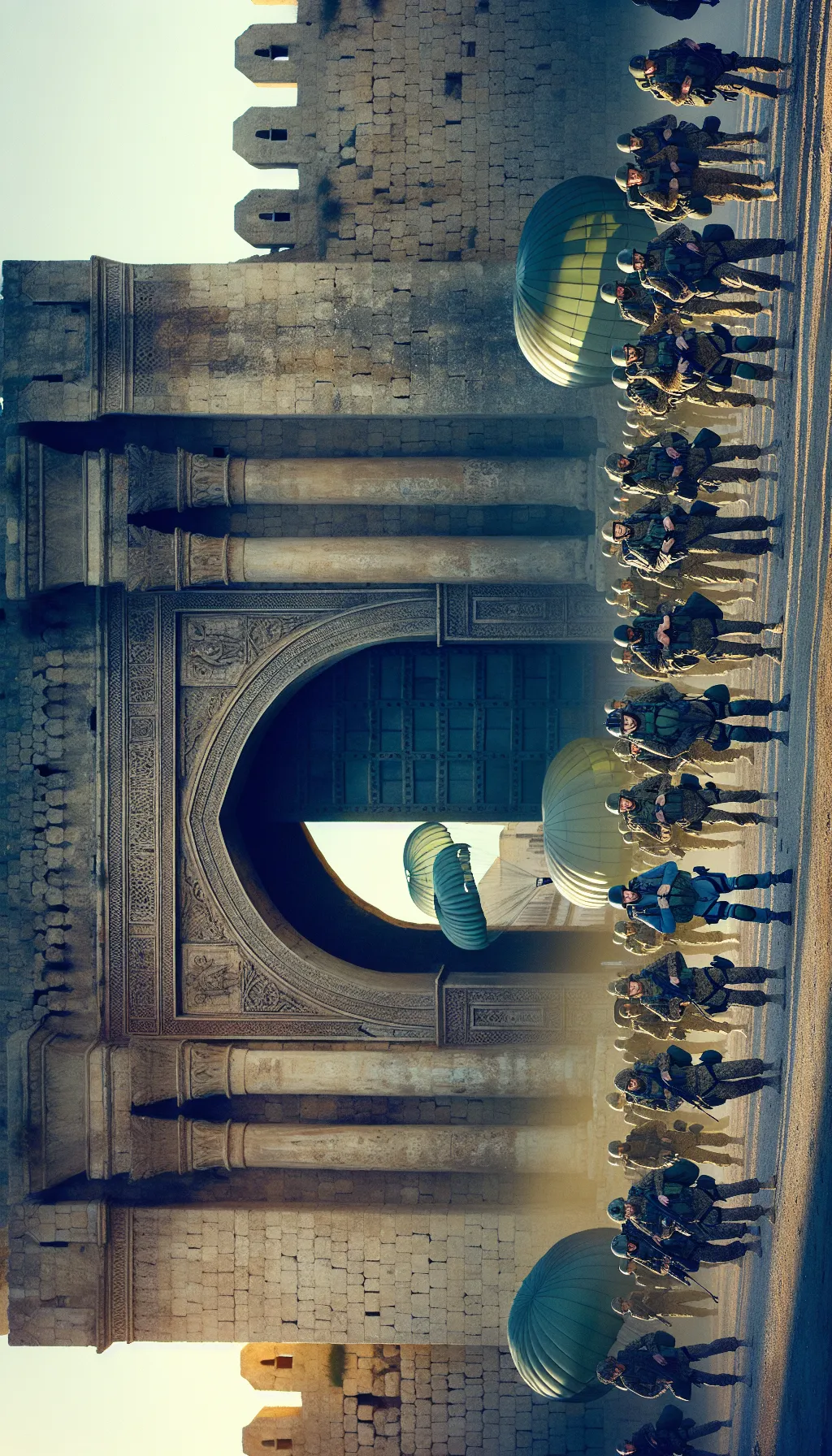Israel – The Day Jerusalem Changed Forever – June 7, 1967
TLDR;
- Event: On June 7, 1967, during the Six-Day War, Israeli forces captured the Old City of Jerusalem, including the Western Wall, from Jordanian control.
- Significance: This marked the first time Jews had access to the Western Wall since 1948, symbolizing a profound spiritual and historical moment.
- Impact: Jerusalem was declared “reunified” under Israeli control, significantly altering the Middle East’s political landscape and intensifying regional tensions.
- Legacy: The capture of Jerusalem remains a central issue in Middle Eastern politics, symbolizing both unity and division among the peoples of the region.
–
Story
The air was thick with tension as Israeli paratroopers stood poised at the Lion’s Gate, the ancient entrance to the Old City of Jerusalem. It was June 7, 1967, and the world held its breath. In a matter of hours, history would be rewritten.

The Six-Day War had erupted just days earlier, a whirlwind of conflict that saw Israel fighting on multiple fronts against neighboring Arab states. But amidst the chaos, one objective stood out with profound significance: the Old City of Jerusalem, a place sacred to Jews, Christians, and Muslims alike.
As the sun rose, the order was given. Israeli forces surged forward, their hearts pounding with the weight of history. The battle was relatively light, as Jordanian forces had largely withdrawn, and there was no prolonged or fierce street fighting. Yet, by late morning, around 10:00 AM, the Israeli flag flew over the Western Wall, a symbol of Jewish heritage and resilience.
The capture of the Old City was more than a military victory; it was a moment of profound emotional and spiritual significance. For the first time since the 1948 Arab-Israeli War, Jews had access to the Western Wall, previously under Jordanian control. The declaration of Jerusalem as ‘reunified’ under Israeli control was a turning point, altering the landscape of the Middle East and the lives of millions.
But with victory came complexity. The capture of Jerusalem remains a focal point of tension and negotiation, a testament to the city’s enduring significance and the challenges of peace in a land steeped in history.
–
| Would a different approach to the capture of Jerusalem have changed the course of Middle Eastern history? |